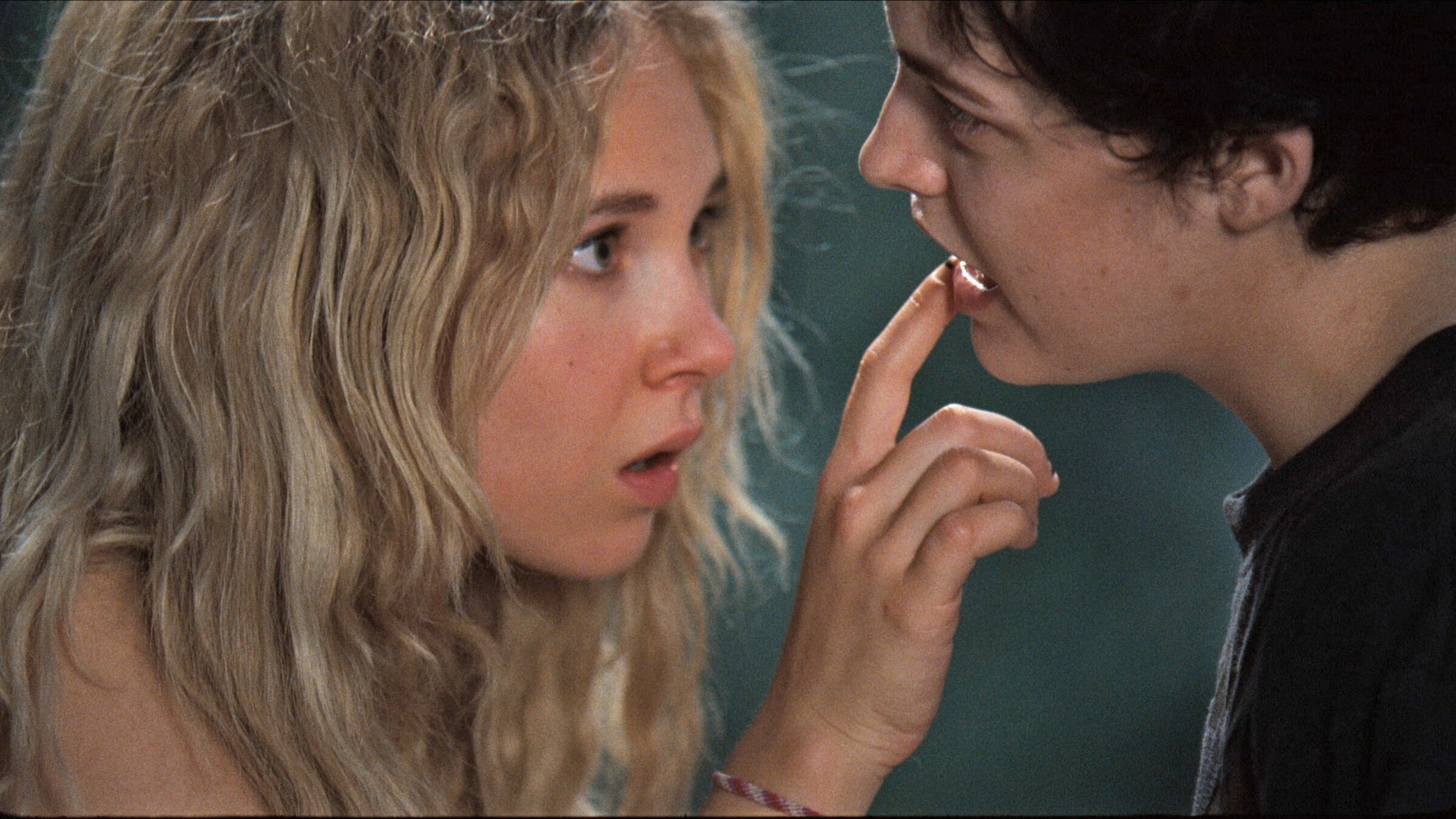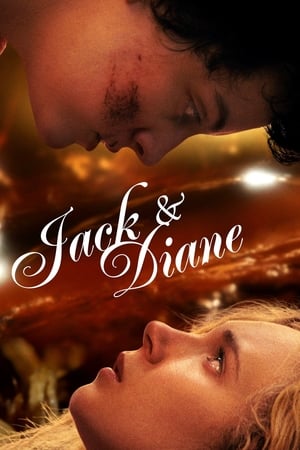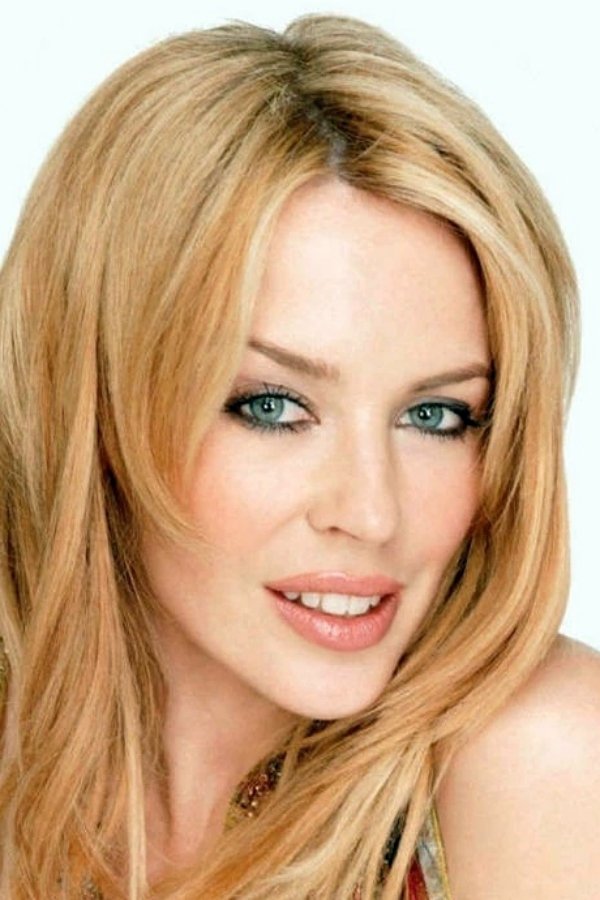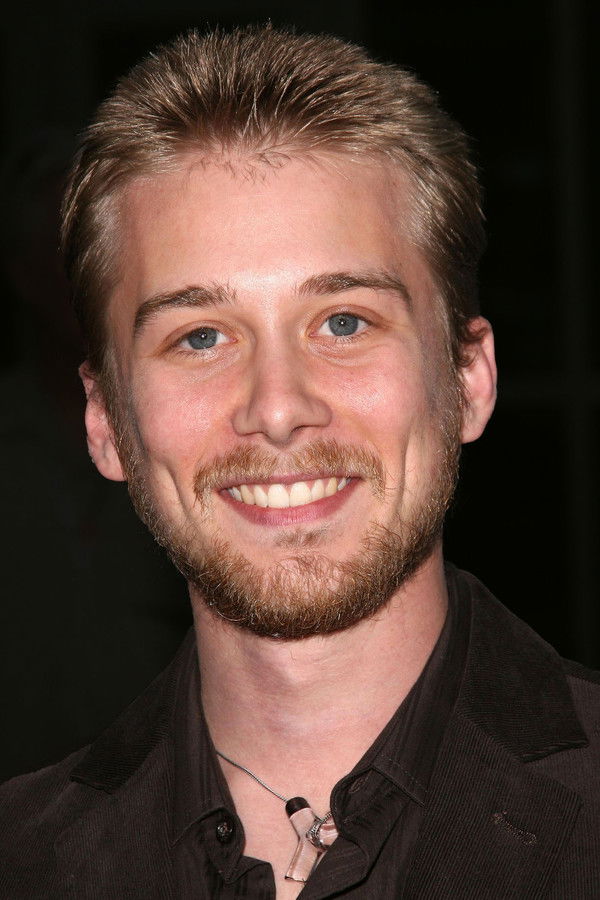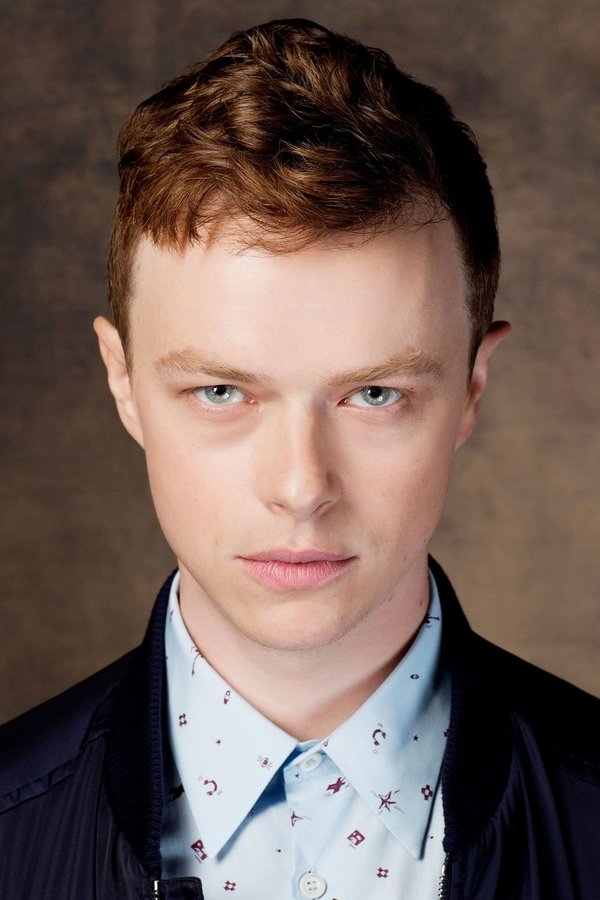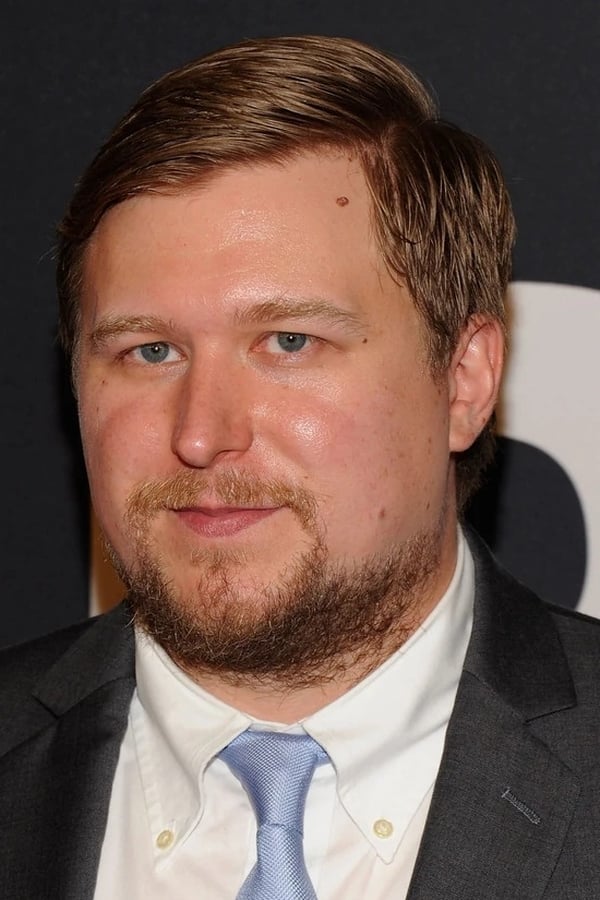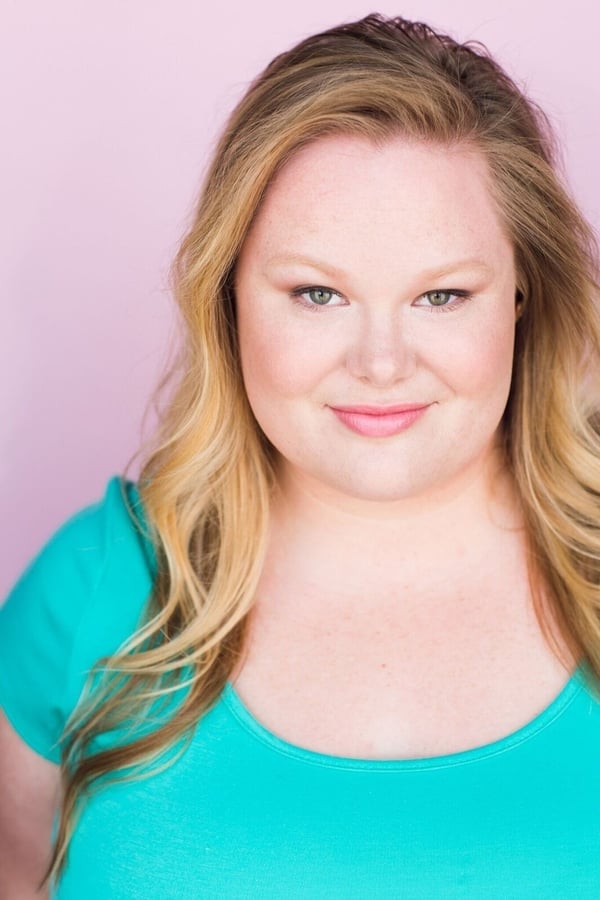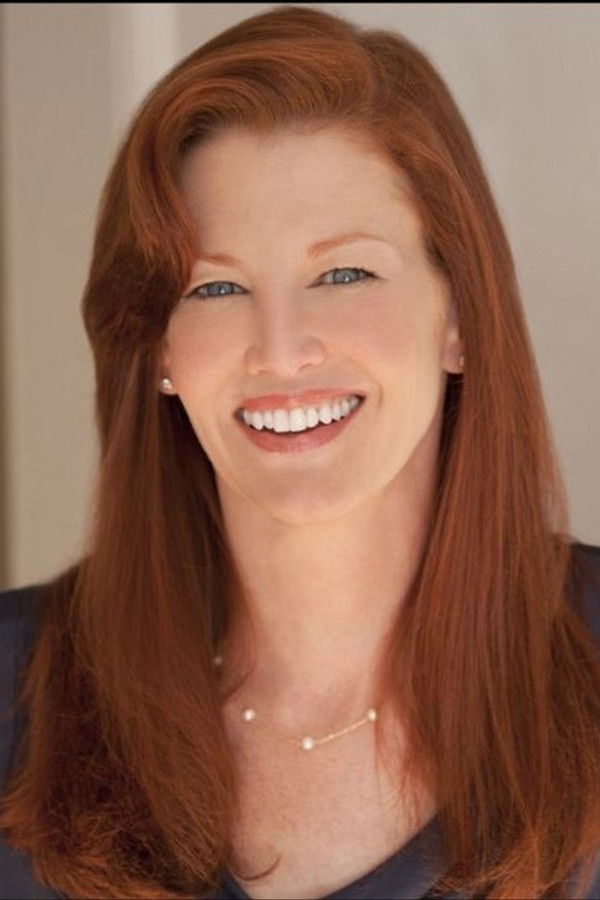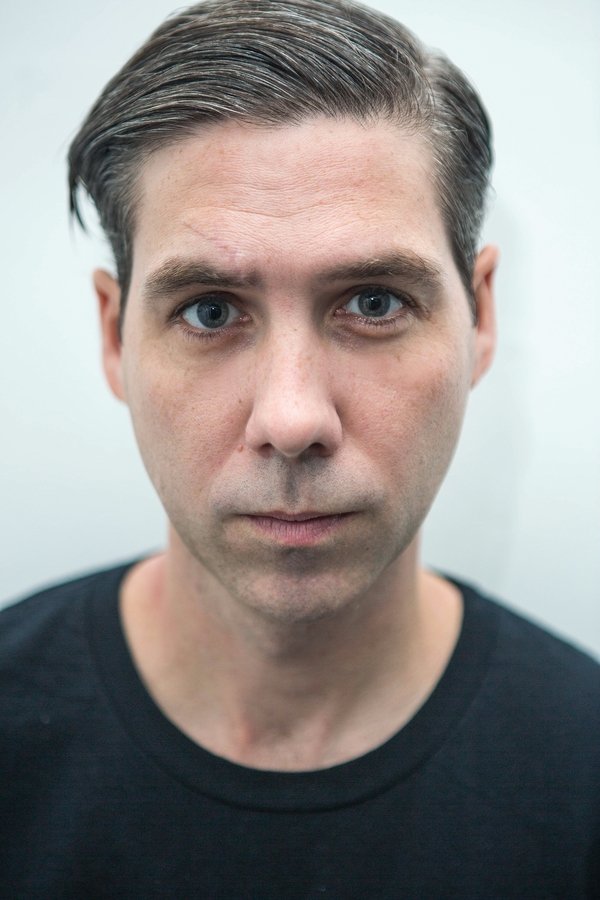(Spoiler warning for plot points, trigger warning for mentions of sexual assault and suicide)
Named after its main characters, Jack and Diane (2012) is an indie romance/horror film about two teenage girls developing feelings for one another, with vague themes of lycanthropy.
The story begins with Diane (Juno Temple) trying and failing to borrow a phone to call her twin sister Karen. It’s only when she enters a store in further search does she encounter Jack, (Riley Keough) who persuades Diane to come with her to a night club. The pair starts to form a connection, and see one another often for the time Diane is visiting her aunt before leaving for a French boarding school.
While assumably well-intentioned, the representation of a gay relationship was handled shakily. Although there’s nothing majorly problematic, the relationship between Jack and Diane feels hollow. Through a mixture of clunky dialogue and acting, the pair have very stiff interactions with one another that feel forced and seemingly come out of nowhere. An example of this is how Jack decides to play a cassette tape for Diane relating to her dead brother, as she decides that Diane is so important to her she’s the one that gets to hear it. (After seeing each other about twice.)
On the topic of Jack’s brother, it felt a little jarring how his only presence in the story was used as a tool to grow the connection between Jack and Diane to seem more tender, for Jack to open up to her love interest. It would be a bit less irksome if his cause of death wasn’t committing suicide. Including suicide into a narrative is not an inherently bad decision, but you have to be careful in the ways which you use it. It’s important to treat it with respect and thoughtfulness, as it’s a very real reality for many. If it’s used only to further character development or as a plot point, it tends to come off as cheap. The same can be said for aspects of the film regarding the sexual assault of Diane’s sister, Karen (also played by Juno Temple). Jack discovers a video posted online of Karen clearly under the influence of substance and unable to consent, being taken advantage of. Without going into depth, the scene proves to be one of the most uncomfortable in the movie, and again it’s only used to fuel more character development for Diane as she wants to go back home early to comfort her sister, and there’s a line thrown in about how she’s always protective of Karen. The fact that such serious tragedies aren’t given the proper time and respect feels off-putting, especially as they come off as a means to an end for further development.
The last prominent issue to be had with Jack and Diane is its horror elements. Despite being labeled as a horror film, there is minimal frightening moments sprinkled few and far between, almost at random. There are spontaneous scenes where there are hallucinations or dreams in which one or both girls (it's hard to tell as to what’s going on in the scene when these moments happen, they are a bit disorienting) turn into werewolf-like beasts. You could take these moments out of the film completely and it wouldn’t change the plot. This feels like such a wasted potential, as there could be a lot to explore in the themes of a gay horror romance, especially with transformations. The plot could’ve really been interesting if the elements of lycanthropy was integrated with perhaps the struggle of identity of being LGBTQ+. It's an experience for so many that as they’re starting to realizing their true selves, they feel like a monster, especially if they come from unsupportive homes or communities. Instead, the horror and transformation elements seem thrown in without contemplation of how this could deepen the narrative.
Positive things to note about Jack and Diane is it does give gay representation (even if the relationship dynamic between our two leads feels empty) in the release date’s current time when anything outside of heteronormative couples in media was far less common. The stop motion style animation in the opening credits and spliced throughout the movie were also visually interesting, and does succeed in grabbing attention as well as alludes to the werewolf motif.
As an ultimate judgement, would give Jack and Diane an Incluvie score of 4/5, while as the main leads are lesbians and the whole film revolves around their romance, said romance isn’t very complex or meaningful, and besides that there is an absence of people of color. Overall, I would rate the film a 2/5 as it has pacing issues, awkward acting and dialogue, and messy story beats.
